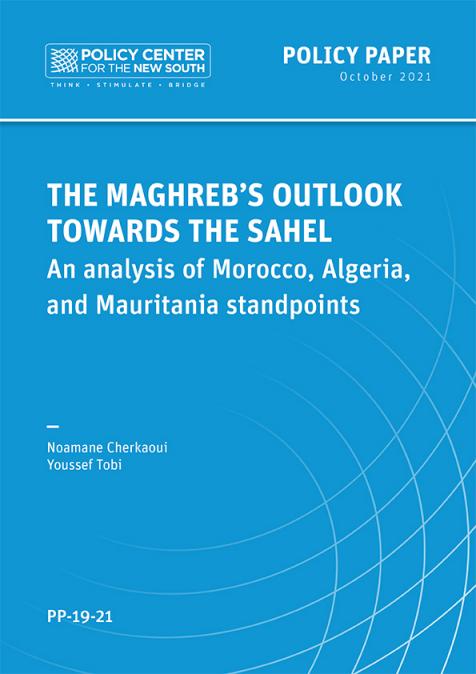Publications /
Opinion
The author is an alumnus of the 2015 Atlantic Dialogues Emerging Leaders program
On the 2nd of April 2019, Macky Sall was sworn in as President of the Republic of Senegal for a second five year term, after scoring a resounding 58.7% victory in the first round of the country’s elections. This solemn official ceremony has brought to a close the bitter contest that opposed the President to four challengers that included two former government ministers (Idrissa Seck and Madicke Niang), a local social media sensation (Ousmane Sonko) and a university professor (Issa Sall).
Macky Sall’s Victory
Macky Sall’s victory, which was unceremoniously announced by the Head of the National Vote Counting Commission less than a week after the last vote was cast, came amid a confusing situation that saw different camps claiming victory on the night of the election. This episode put Senegal’s whole electoral process under the spotlight, with some even suggesting that Senegal’s reputation as an accomplished democracy was overrated.
This is the result of a latent climate of mistrust and finger-pointing that has plagued Macky Sall’s whole first term. Indeed, ever since he took office President Sall has been bedeviled by accusations regarding his governance record that, some critics argue, has been illiberal and geared towards setting the perfect conditions for his reelection.
This reputation stems from the jailing of Karim Wade, the son of Macky Sall’s predecessor, Abdoulaye Wade, and that of the popular mayor of Dakar Khalifa Sall, who the opposition claim are the victims of a politically motivated plot to get rid of Macky Sall’s most serious opponents.
The Senegalese Democracy
Macky Sall’s supporters argue in return that institutions are strong and independent. They point for example to the new constitution that amongst other things, reduces the Presidential term from 7 to 5 years and reinforces the rights of opposition parties, adopted after the 2016 referendum furthers Senegal’s democracy and freedom.
This war of words reached its apex during the implementation of a controversial sponsorship system, which requires each candidate to garner the signature of a number of patrons, amounting to roughly 0.8% of the voting population. Despite opposition parties and some activist groups crying foul over the whole process, the pool of candidates was reduced to five finalists from a whopping eighty-seven applicants. All in all, whether the opposition’s accusations were justified or not, they only served to weaken Senegal’s hard-earned reputation as a stellar democracy.
Yet the sentiment on the ground - and that despite many arguing to the contrary - is that Senegal’s democracy remains robust. This view was corroborated by more than 5000 international observers, tasked with monitoring the elections, who described the process as “very good news” for Senegal.
Moreover, the relatively high participation rate of 66.2% of registered voters (compared to 51% in 2012), seems to point to an inclusive and fair process. Opposition parties seem to agree with that part of the argument. Indeed, their official stance after the results were announced, is that although they disagree with the president on the manner in which the process was conducted, they do not possess enough evidence to formally contest the election results; they thus reluctantly accepted the results.
What to Expect
However, as he embarks on his 2nd term, high on the President’s in-tray will be to mend the rift created by the divisions of his first term. He seems to understand this. In his victory speech he invited the opposition parties to discuss ways in which they can collaborate to advance some of the most pressing issues. He also reiterated this point in his inauguration speech.
As for the Senegalese people, they have voted peacefully, went back to work next day and let institutions such as the National Vote Counting Commission and the Constitutional Council do the rest. This alone is a clear indication of the mutual trust between citizens and their institutions, which is probably a better barometer of Senegal’s democracy than international perception.







